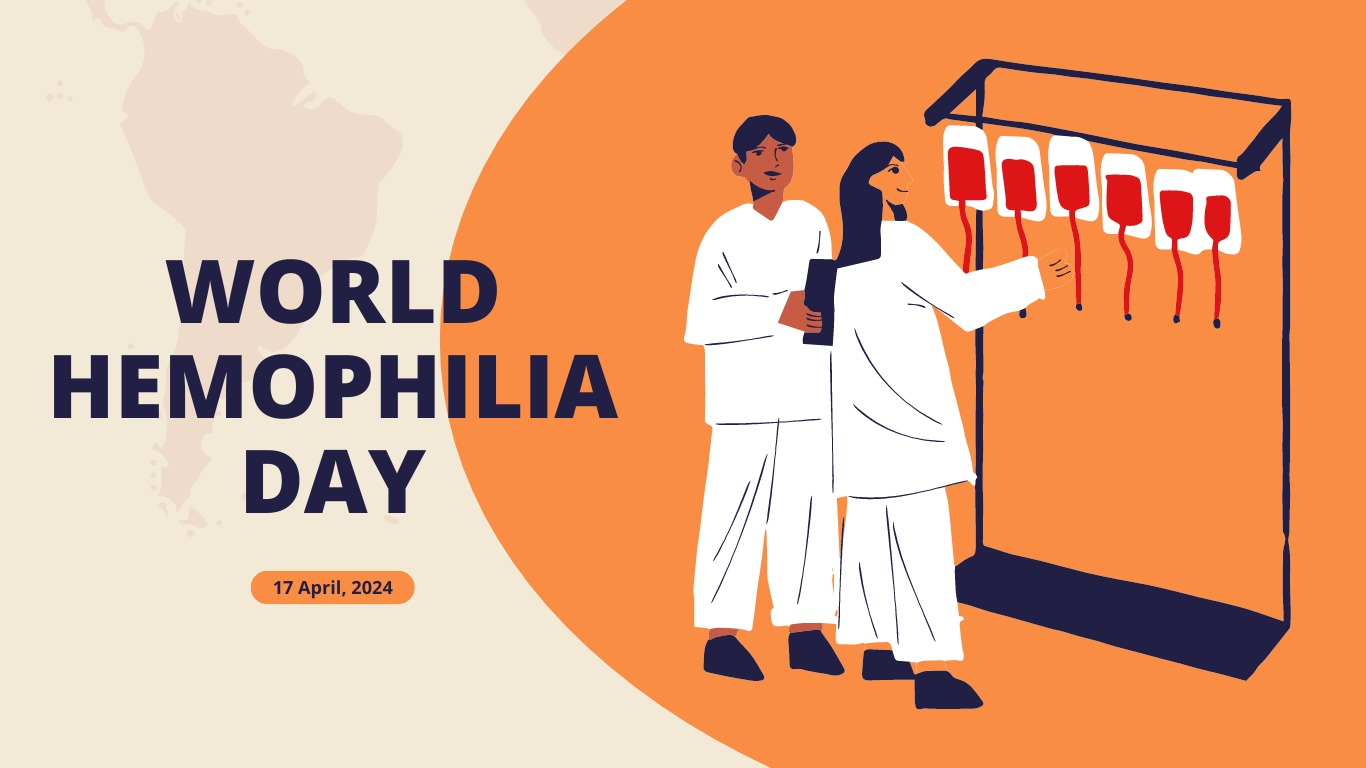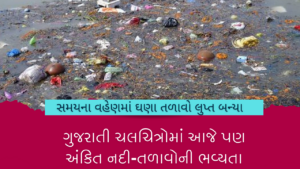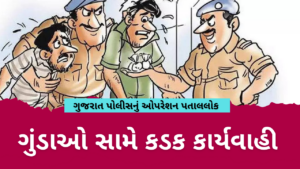Every year on April 17th, the world observes World Hemophilia Day, shedding light on a rare but serious bleeding disorder. Hemophilia is a genetic condition characterized by the body’s inability to clot blood normally. This means that even a minor injury can lead to prolonged bleeding, putting individuals at risk of severe complications. World Hemophilia Day aims to raise awareness about this condition and advocate for better treatment and care for those affected.
Hemophilia occurs due to a deficiency in clotting factors, which are proteins essential for blood clot formation. There are several types of hemophilia, with the most common being hemophilia A and hemophilia B, caused by deficiencies in clotting factors VIII and IX, respectively. These deficiencies are inherited genetically, typically passed down through families, and primarily affect males, although females can also be carriers.
One of the common symptoms of hemophilia is frequent and prolonged nosebleeds. Nosebleeds, also known as epistaxis, occur when the delicate blood vessels in the nose rupture and bleed. For individuals with hemophilia, nosebleeds can be particularly challenging to manage due to the body’s impaired clotting ability.
Managing nosebleeds in individuals with hemophilia requires a delicate approach. Here are some steps to tackle nosebleeds effectively:
- Stay Calm: Remain calm and reassure the individual experiencing the nosebleed. Anxiety and stress can exacerbate bleeding.
- Sit Up Straight: Have the person sit up straight and lean forward slightly. This helps prevent blood from flowing down the throat, which can cause nausea or vomiting.
- Pinch the Nose: Gently pinch the soft part of the nose, just below the bridge, with thumb and forefinger. Maintain pressure for 5-10 minutes to help stop the bleeding.
- Apply Ice: Applying a cold compress or ice pack to the bridge of the nose can help constrict blood vessels and reduce bleeding.
- Seek Medical Attention: If the bleeding does not stop after 20-30 minutes of continuous pressure, or if the nosebleed is accompanied by other symptoms such as dizziness or difficulty breathing, seek medical help immediately.
World Hemophilia Day serves as a reminder of the challenges faced by individuals living with hemophilia and the importance of access to proper medical care and support. Through increased awareness and education, we can work towards better understanding and management of this condition, ultimately improving the quality of life for those affected.













